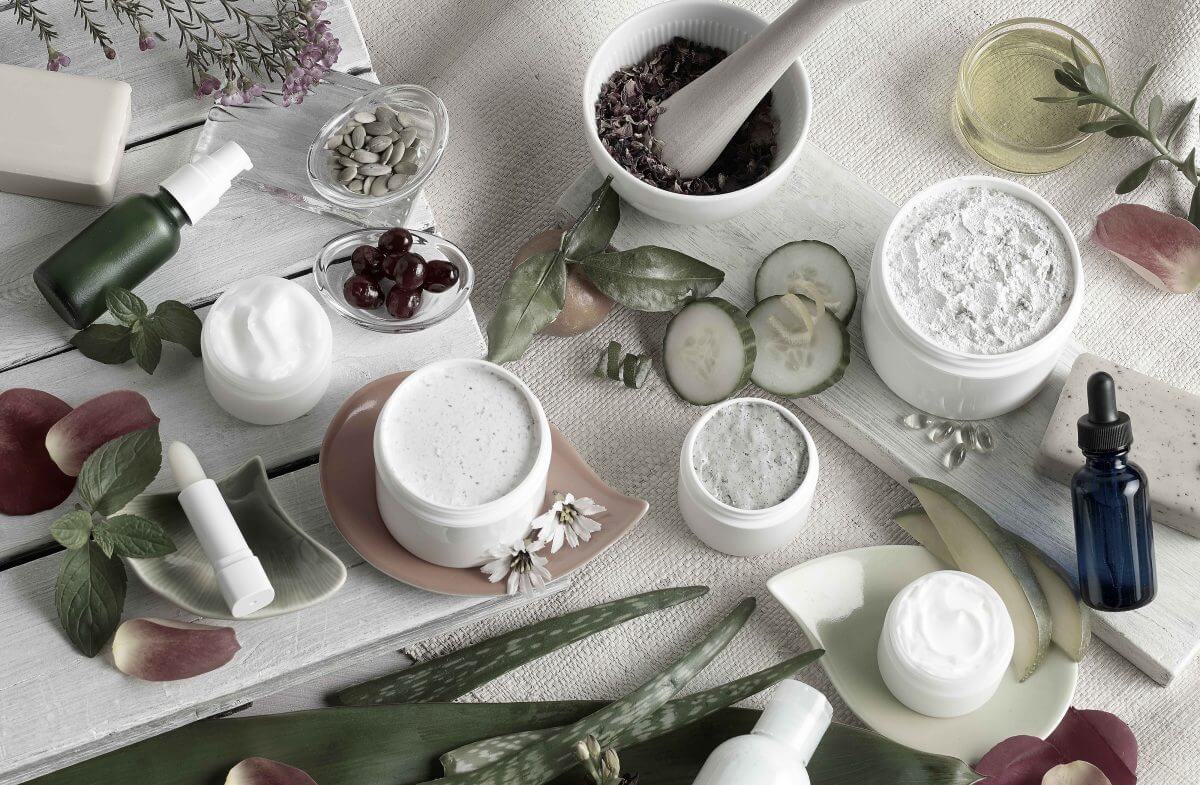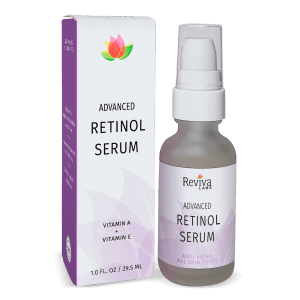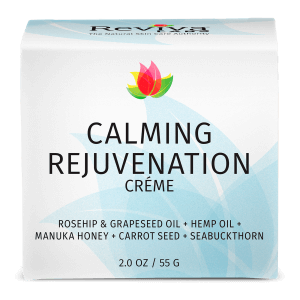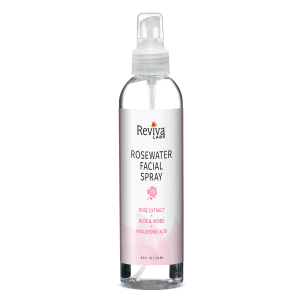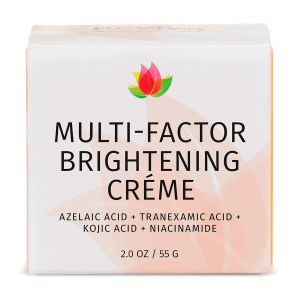Acne
Acne is a common skin condition characterized by the appearance of pimples, blackheads, and whiteheads that can occur on the face, neck, chest, back, shoulders, and upper arms. It is caused by the overproduction of sebum, an oily substance naturally produced by the body, that gets trapped in the pores and can lead to inflammation and infection. Acne affects people of all ages, but it is most common during puberty and tends to clear up by adulthood. Treatment for acne can include topical creams, antibiotics, and even laser treatments.
Acne, also known as acne vulgaris, is a long-term skin condition that occurs when dead skin cells and oil from the skin clog hair follicles. Typical features of the condition include blackheads or whiteheads, pimples, oily skin, and possible scarring. It primarily affects skin with a relatively high number of oil glands, including the face, upper part of the chest, and back. The resulting appearance can lead to lack of confidence, anxiety, reduced self-esteem, and, in extreme cases, depression or thoughts of suicide.
| Acne | |
|---|---|
| Other names | Acne vulgaris |
 | |
| Acne vulgaris in an 18-year-old male during puberty | |
| Specialty | Dermatology |
| Symptoms | Blackheads, whiteheads, pimples, oily skin, scarring |
| Complications | Anxiety, reduced self-esteem, depression, thoughts of suicide |
| Usual onset | Puberty |
| Risk factors | Genetics |
| Differential diagnosis | Folliculitis, rosacea, hidradenitis suppurativa, miliaria |
| Treatment | Lifestyle changes, medications, medical procedures |
| Medication | Azelaic acid, benzoyl peroxide, salicylic acid, antibiotics, birth control pills, co-cyprindiol, retinoids, isotretinoin |
| Frequency | 633 million affected (2015) |
Susceptibility to acne is primarily genetic in 80% of cases. The roles of diet and cigarette smoking in the condition are unclear, and neither cleanliness nor exposure to sunlight appear to play a part. In both sexes, hormones called androgens appear to be part of the underlying mechanism, by causing increased production of sebum. Another common factor is the excessive growth of the bacterium Cutibacterium acnes, which is present on the skin.
Treatments for acne are available, including lifestyle changes, medications, and medical procedures. Eating fewer simple carbohydrates such as sugar may minimize the condition. Treatments applied directly to the affected skin, such as azelaic acid, benzoyl peroxide, and salicylic acid, are commonly used. Antibiotics and retinoids are available in formulations that are applied to the skin and taken by mouth for the treatment of acne. However, resistance to antibiotics may develop as a result of antibiotic therapy. Several types of birth control pills help prevent acne in women. Medical professionals typically reserve isotretinoin pills for severe acne, due to greater potential side effects. Early and aggressive treatment of acne is advocated by some in the medical community to decrease the overall long-term impact on individuals.
In 2015, acne affected approximately 633 million people globally, making it the eighth-most common disease worldwide. Acne commonly occurs in adolescence and affects an estimated 80–90% of teenagers in the Western world. Some rural societies report lower rates of acne than industrialized ones. Children and adults may also be affected before and after puberty. Although acne becomes less common in adulthood, it persists in nearly half of affected people into their twenties and thirties, and a smaller group continues to have difficulties in their forties.



